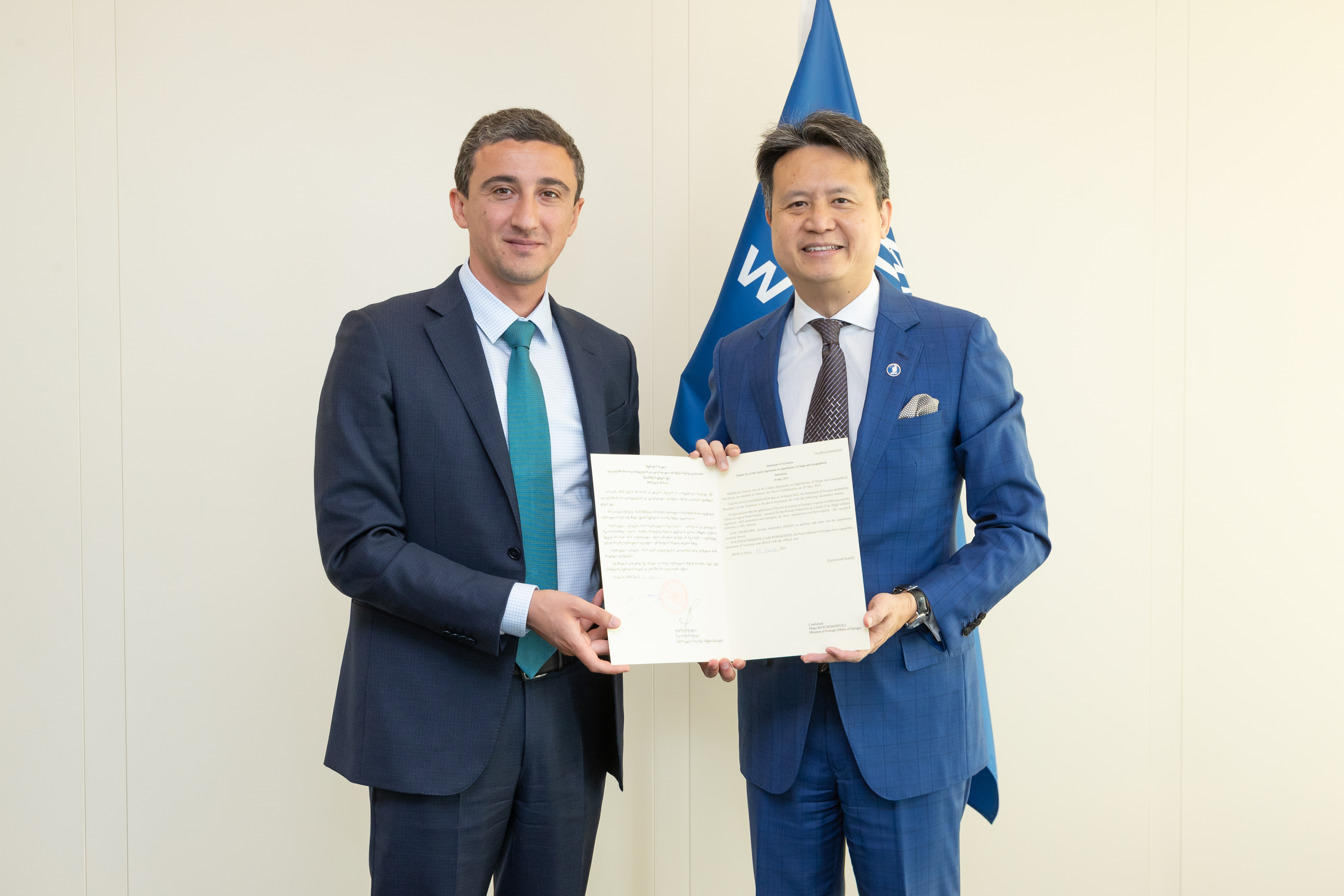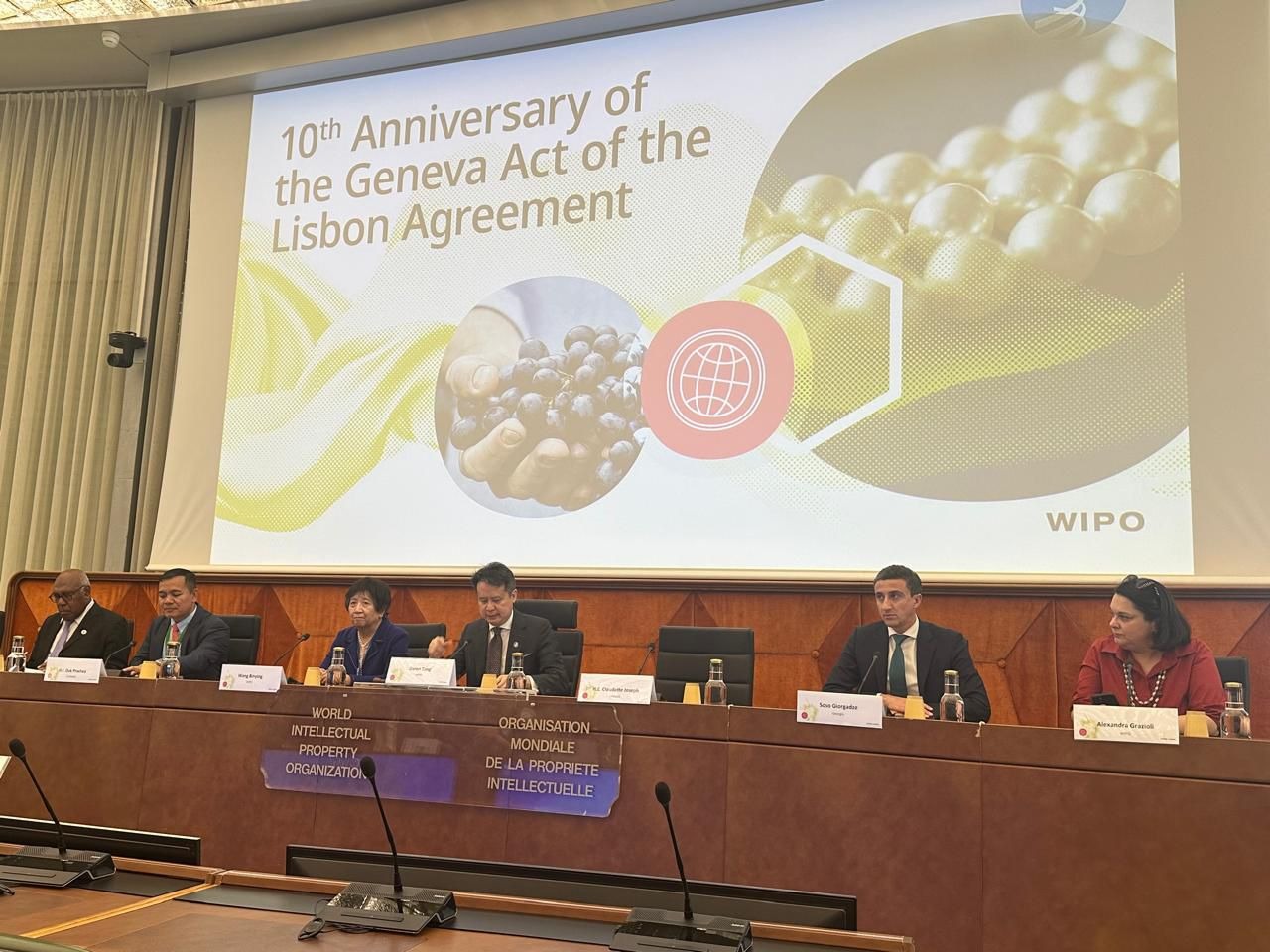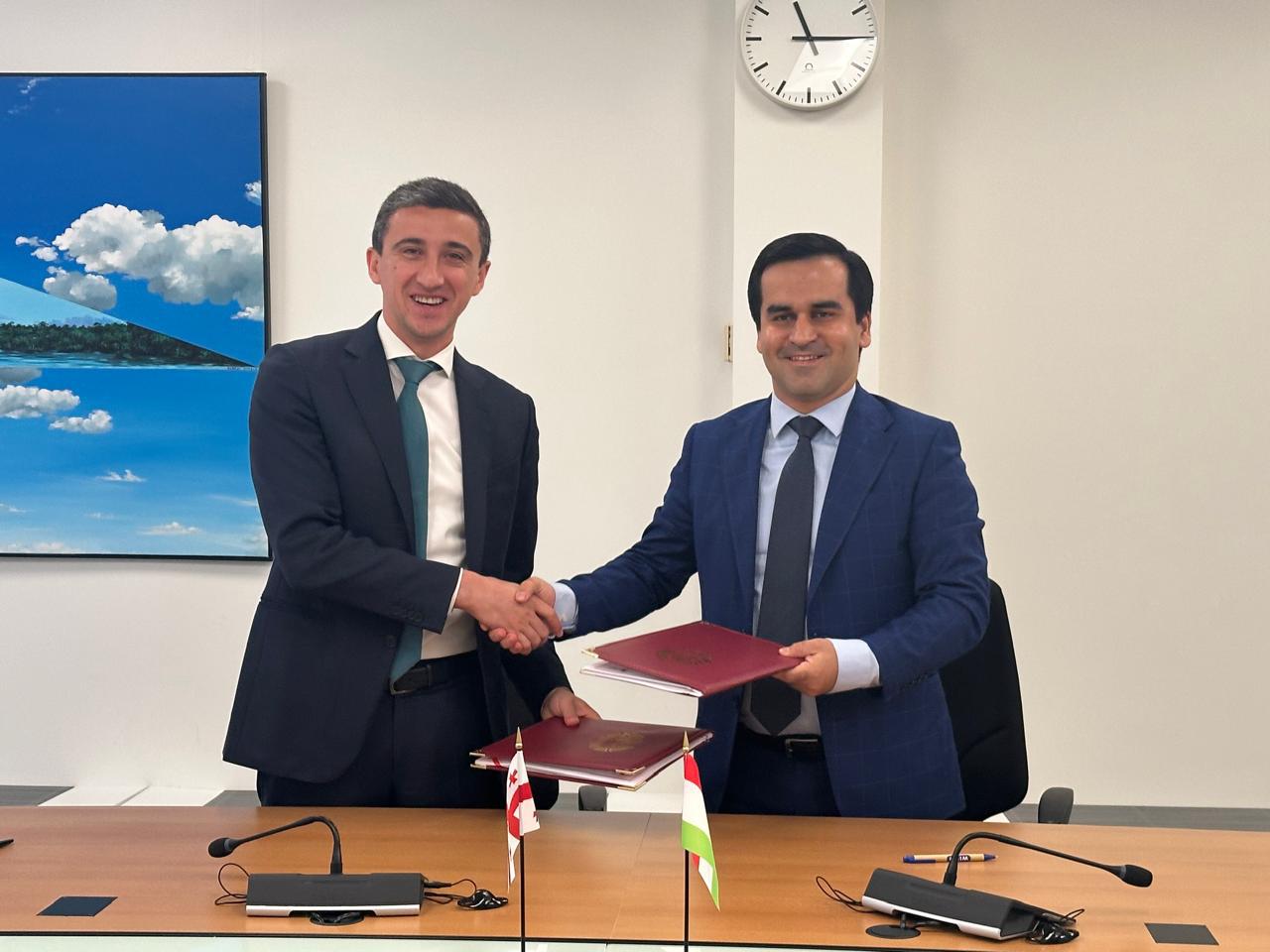Results of the Audit of the Activities of the Georgian Copyright Association are Known
May 18, 2023
Along
with other functions defined by the legislation, the National Intellectual
Property Center of Georgia - Sakpatenti is responsible for the implementation
of the state policy in the field of copyright and related rights. Sakpatenti is
authorized by law to study any information related to the management of authors’
property rights.
One
of the organizations that manages authors’ rights on a collective basis in
Georgia is the Copyright Association of Georgia (hereinafter - the
Association), to which Mr. Giga Kobaladze has been serving as the Chair of the Board
since 2011. The main task of the Association is to collect and fairly
distribute among the authors the royalties received from the management of
their rights.
In
order to adequately fulfill the powers vested by law, on February 3, 2023,
Sakpatenti announced an electronic tender, to purchase audit services with the
aim to examine the effectiveness of the Association’s management of authors’
property rights between 2021-2022. It should be underlined that Sakpatenti
officially notified the Association about the audit on December 19, 2022, and
after a meeting in Sakpatenti and several other communications, including
written notice, on January 12, 2023, the Association expressed its consent in
writing to cooperate with the audit company and to provide documents related to
the management of authors’ property rights.
The
decision to perform an audit was preceded by a number of issues, including
publicly disseminated information about possible violations in the field of
authors’ property rights in Georgia. Particularly noteworthy were the results
of the quantitative and qualitative research conducted on the issue in
cooperation with the USAID Economic Security Program, which pointed at the
alleged misconduct by organizations managing authors’ property rights,
including the Association, especially in regard to the lack of transparency in
the process of collecting and distributing royalties, and other significant
violations.
On
April 28 of this year, the audit company selected through the electronic
tender, presented to Sakpatenti the audit report of the Association’s
activities, which revealed a number of shortcomings in the Association’s
activities. Considering that the audit report consists of 140 pages and
reflects numerous shortcomings in the work of the Association, this statement
will highlight only a few examples of such violations.
It
was revealed that the Association has violated the method of recording income
and expenses, in particular, contrary to the requirements set by the law, instead
of the accrual method, the Association uses the so-called cash method. Due to
the absence of appropriate information at the Association, the audit was not
able to determine the amount of the monetary obligation which the Association
had or still has towards the state budget.
Based
on the analysis of the Association’s activity documents, the audit report indicates
that in 2021 the sum of royalties collected by the Association through the
disposal of authors’ property rights amounted to 3,822,063 GEL. According to
the rule approved by the statute of the Association, no more than 20% of the
collected fees can be used for administrative expenses. That is, the Association
has the right to receive no more than 20% of the collected money for the work
it does for the collection and distribution of authors’ royalties. Nevertheless,
the audit found not 20% but 47% spent on administrative expenses, more
precisely, 1,791,597 GEL spent on the management of the Association. It should
be noted that according to the Directive 2014/26/EU of the European Parliament
and of the Council of February 26, 2014, management fees should be reasonable
and should not exceed the documented costs of managing copyright and related
rights. It is interesting that together with these findings the audit report
includes the statement of the Association according to which the large volume
of administrative expenses was due to the reduction of income and existing
fixed expenses during the pandemic. Most noteworthy are the “fixed” expenses
that the Association spent from the authors’ royalties during the pandemic.
As
it turns out, the bulk of the administrative cost is disproportionally high
employee benefits. For example, a person
employed in one of the management positions in the Association received 233,062
GEL as benefits in 2021 (including salary 150,000 GEL; bonus 6,250 GEL; bonus
25,000 GEL and benefits 51,812 GEL, which in turn includes the cost of studying
abroad - 28,086 GEL, the amount of business trips expenses above the norm -
19,417 GEL, the cost of insurance - 2,921 GEL, the cost of a gift voucher - 188
GEL and the cost of vehicle use - 1,200 GEL).
Additionally,
it is worth noting that in 2021, the Association purchased a car worth 42, 316 GEL,
using the royalties received from management of the authors’ property rights.
The
audit report revealed a situation similar to 2021 in 2022 too, namely, out of
5,412,250 GEL collected as a result of the management of authors’ rights,
instead of 20%, the Association spent 40% - 2,158,279 GEL on administrative
expenses.
Similarly,
in 2022, from the income that increased as compared to the previous year,
significant amounts were used for the administration and persons employed in
high positions, instead of the authors who own property rights.
The
same person employed in a managerial position received 336,569 GEL as benefits
in 2022 (including salary 143,750 GEL; bonus 27,500 GEL; bonus 37,500 GEL and
benefits 127,819 GEL, which includes the cost of education - 77,957 GEL, the amount
of business trips expenses above the norm - 42,516 GEL, the cost of insurance -
5,959 GEL, the cost of a gift voucher - 188 GEL and the cost of using a car -
1,200 GEL).
At
the same time, while in 2021 the Association
purchased a car, in 2022 it bought a real estate in the city of Batumi, valued
at 146, 669 GEL.
Along
with the shortcomings described above, we think it is noteworthy to highlight
another misconduct indicated in the audit report, specifically instead of
distributing the amount deposited to the account (2021 - 2,804 GEL, 2022 -
9,599 GEL), the Association used it for administrative expenses.
In
addition, we would like to note that on April 7, 2023, the Georgian Copyright
Association sent a letter to Sakpatenti to
inform that the Association was holding
a general association meeting on April 23, 2023, to discuss the summary of the
2022 activities, approve the report, adopt new editions to the Association’s statute
and the provisions of the authors’ council
as well as elect the Board and the Chairman of the Council of Authors, and
inform the members of the future strategic plans of the Association’s
activities.
In
response, Sakpatenti requested from the Association to postpone the general
meeting (as the above-mentioned audit was ongoing and there was a possibility that
after its completion the audit report would reflect a number of findings about
the Association’s activities and give appropriate recommendations), in order to
facilitate a full review of the audit results and to base its strategic plans
and future activities on those findings.
Despite
Sakpatenti’s justified request, the Georgian Copyright Association did not postpone the general meeting and re-elected
the current chairman of the board. Nevertheless, due to the non-compliance with
the requirements of the legislation and procedural violations of the general
meeting, the results of the meeting of the association were not registered by
the Public Registry. The decision of the Public Registry is public and available
on its official website, and among others, the most significant violations
include:
·
The minutes of the members’ general
meeting does not contain the information legally required for the minutes of
the meeting; reference to the compliance to the procedure for convening the
general meeting and the decision-making capacity of this meeting;
·
The decision made by the minutes of the
general meeting of members does not correspond to the issues determined by the
agenda, moreover, although the second item on the agenda was the approval of
the new version of the statute, the minutes do not correspond the decision on
the approval of the new version of the statute;
·
The statute does not establish the
person/organization authorized to accept the civic member; also, the statute
does not clearly determine the rules and procedure of convening the board
meeting.
·
A new edition of the charter is submitted
for registration and it is possible to register the bringing in compliance with
the law of the registered data of the entity, which requires the submission of the fully
drafted founding agreement or statute.
The audit report reiterates the necessity for timely
and effective measures to protect the authors’ property rights. At this stage, it is especially important to fill
the gaps in the current legislation regarding the collective management of
copyright and related rights. For this purpose, in partnership with CLDP,
USAID, foreign experts, and the Culture Committee of the Parliament of Georgia
a package of legislative amendments has been prepared and is planned to be
considered by the Parliament in the near future.




